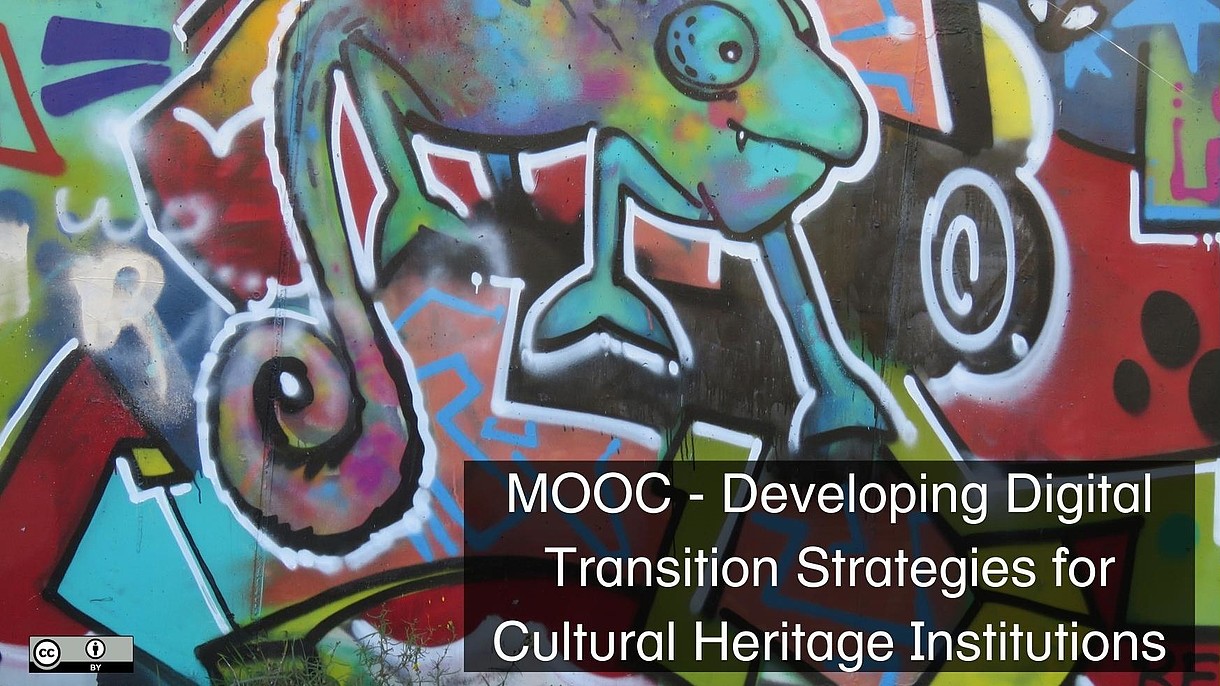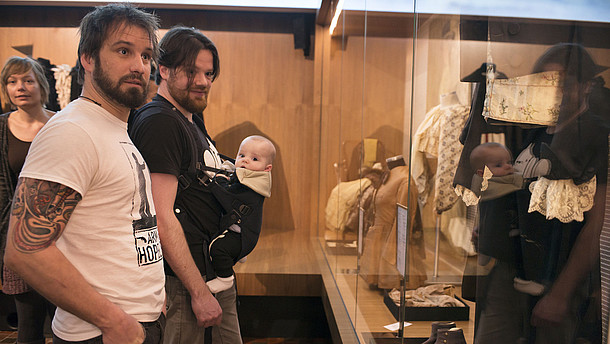The MOOC will cover the following themes in six modules.
- Digital Transformation & Self-Assessment is an introductory module partly focused on the concept and importance of digital transformation in the GLAM sector, and partly on self-assessment and monitoring strategies.
- Digital trends and Culture 3.0 examines the main transitions of the web, from its use as an information source (web 1.0) to the adoption of social and interactive elements (web 2.0). It also explores the concept of Culture 3.0 in which active participation is essential, analysing it in correlation with societal challenges. Different domains and types of impact of digital cultural participation, as well as trend watching practices are focal points.
- Empowering IPR for the commons explores how cultural heritage institutions can make reuse of digital content clear from a legal perspective. How can institutions navigate EU legislation with regards to digital cultural collections and what are the fundamentals to understand when it comes to intellectual property rights?
- Strategic skills, collaboration & organisation growth discusses how participation in networks can increase organisational capacity and help to optimise the impact of cultural heritage institutions.
- Impact assessment introduces good practices, tools and methodologies to assess whether a strategy is working or needs to be refined or redirected. In this module, special attention is given to the Europeana Impact Playbook and its application.
- Approaching technological innovation investigates the notion of ‘innovation’. It then focuses on what that means for designing a comprehensive digital strategy, including ways of reaching out to audiences via online communication channels.
Each module is enriched with lectures, interviews with experts, and readings. Learners will be encouraged to apply their newly acquired knowledge and set their critical thinking skills in motion through multiple choice quizzes, and reflection assignments. They will also have the opportunity to interact, discuss and share experiences and thoughts with the other students.
The MOOC is instructor-paced and will run for 8 weeks. Participants will be able to discover a module per week during the first six weeks, and dedicate the remaining time to attempt the final exam if they wish so, or to revisit once again the previous learning activities. Learners are expected to dedicate three - four hours to each module.
All the material offered by this edX course is freely accessible. However, participants will always have the opportunity to receive an official certificate for a fee, upon passing a final exam.





